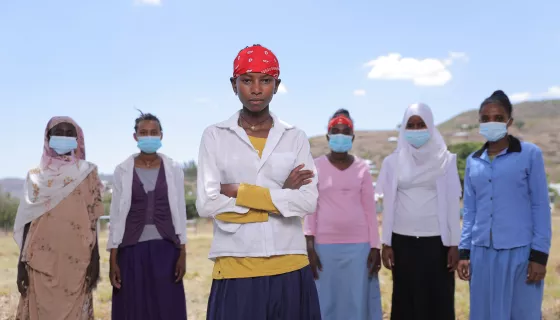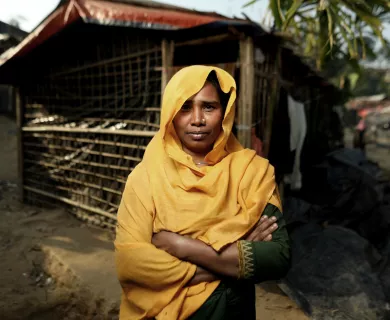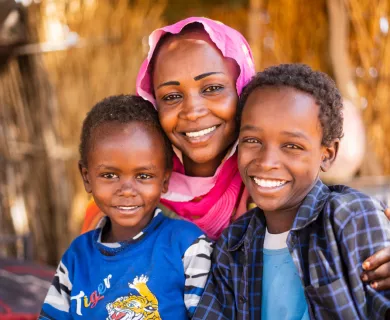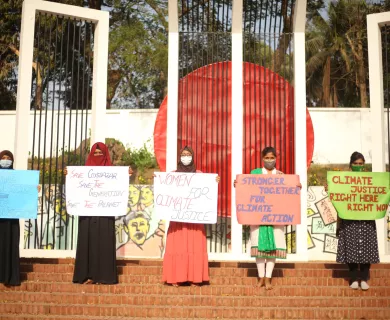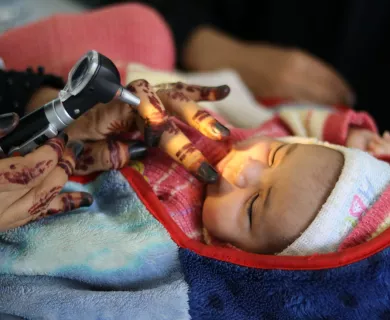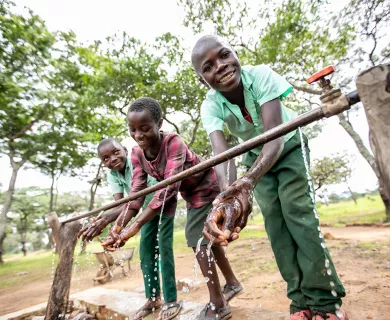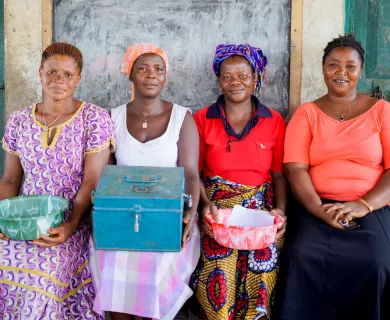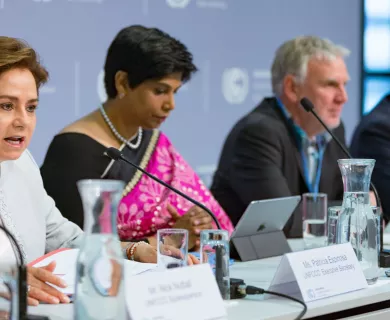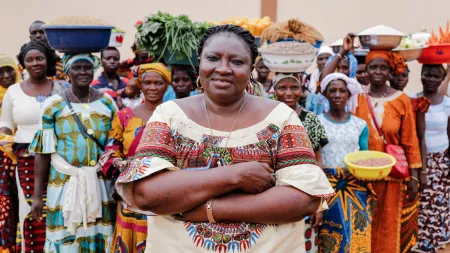How we work
CARE tackles the underlying causes of poverty and social injustice in order to deliver lasting change in the lives of poor and vulnerable people. We believe that at its root, poverty is caused by unequal power relations that result in inequitable distribution of resources and opportunities between women and men, between power-holders and marginalized communities and between countries. Poverty cannot be overcome without addressing these underlying power imbalances.
In FY22, CARE worked in 111 countries around the world, implementing 1,631 poverty-fighting development and humanitarian aid projects and initiatives to reach 174 million people directly. CARE also reached 157 million people indirectly through its advocacy, replication of successful programs, and scaling up of innovations.
CARE contributes to lasting impact at scale in poverty eradication and social justice, in support of the Sustainable Development Goals (SDGs). While all that we do is to support the achievement of ending poverty (SDG 1), gender equality (SDG 5) sits at the heart of our programmatic ambitions and radiates throughout our work.
Gender equality is therefore CARE International's central organizing principle. We cannot achieve economic justice, climate justice, health equity, the right to food, water, and nutrition, or equal access to humanitarian assistance without addressing gender inequality.
